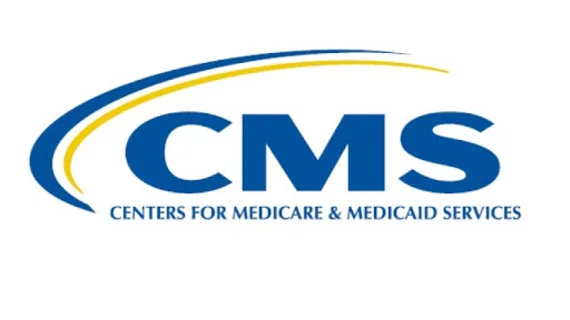5 reactions to proposed 2018 Physician Fee Schedule
The comment period for the proposed Medicare Physician Fee Schedule (PFS) has closed, with policy and payment updates drawing a typically mixed reaction from stakeholders within the industry.
Proposed changes for the next PFS include halving what CMS pays when care is received at hospital-owned off-campus facilities—a cut which was quickly opposed by hospital groups when it was first announced in July. The overall payment update would be slightly larger than 2017, with payments going up by 0.31 percent, but after accounting for adjustments for potentially misvalued services, the result would be net reduction of 0.19 percent.
Here are reactions from five healthcare organizations on portions of proposed rule:
1. American College of Physicians (ACP)
In its official comment, ACP opposed the payment update and misvalued code target, which again fell short of 0.50 percent target. It did, however, praise the changes to payment for hospital-owned off-campus facilities, saying it matches ACP’s goal of supporting “delivery of care in the most efficient setting, while maintaining quality of care.”
“Provider-based billing should not be used as a mechanism for hospitals to recoup/stabilize funding or as a means of ensuring access to care,” ACP wrote. “Ensuring adequate hospital funding and patients’ access to care can be better addressed and supported through other means, such as increased/improved health insurance coverage, strengthened workforce policies, and delivery system reforms.”
2. Federation of American Hospitals (FAH)
In contrast to ACP, the FAH said the 2017 payment for services for hospital-owned off-campus facilities was already insufficient.
“The FAH strongly opposes any further reduction in the PFS Relativity Adjuster,” the group wrote to CMS. “Undertaking a reduction in the absence of new data by excluding significant and relevant data points would be an arbitrary and capricious exercise of CMS’ authority.”
3. College of Healthcare Information Management Executives (CHIME)
Many groups expressed strong support for the boost to telehealth reimbursement proposed in the 2018 PFS, including add several new codes to the list of covered telehealth services. CHIME was among those supporters, but it also argued CMS is moving too slowly on expanding telehealth reimbursement, which in turn limits acceptance from commercial payers.
“We recommend CMS continue to speed the pace and number of services for which patients may seek care via telehealth and for which clinicians and providers are reimbursed,” CHIME wrote.
4. American College of Radiology (ACR)
ACR was one of many groups for offer comments on the proposed rule’s impact on the Medicare Appropriate Use Criteria (AUC) for advanced diagnostic imaging. CMS proposed making 2019 an “educational and operations testing year” for this new reporting, meaning claims for those services would still be paid regardless of whether they meet AUC consultation requirements to give providers more time to adjust.
While other provider groups have argued the delay was needed because the AUC policy coincides with implementation of the bigger Quality Payment Program (QPP) and the Merit-based Incentive Payment System (MIPS), ACR argued those concerns “are unfounded” and the AUC shouldn’t be delayed any further than the 2019 testing year.
5. Healthcare Financial Management Association (HFMA)
HFMA President and CEO Joseph Fifer took a different tact than ACR on the AUC requirements. While he too supports the testing year in 2019, he argued a single testing year may not be enough time to meet the IT requirements of AUC, so the group asked for 2020 to be another “educational and operational period.”
“Developing the software, creating the HL-7 transactions, and building the pathway from the hospital electronic health record to the billing system to ensure the proposed G-code(s) and related modifier(s) are included on claims for imaging services will require a significant amount of time. Further, it is not possible for hospitals and their vendors to begin work on this immediately, as the rule is not finalized and the G-codes and modifiers are not currently available,” Fifer wrote.

